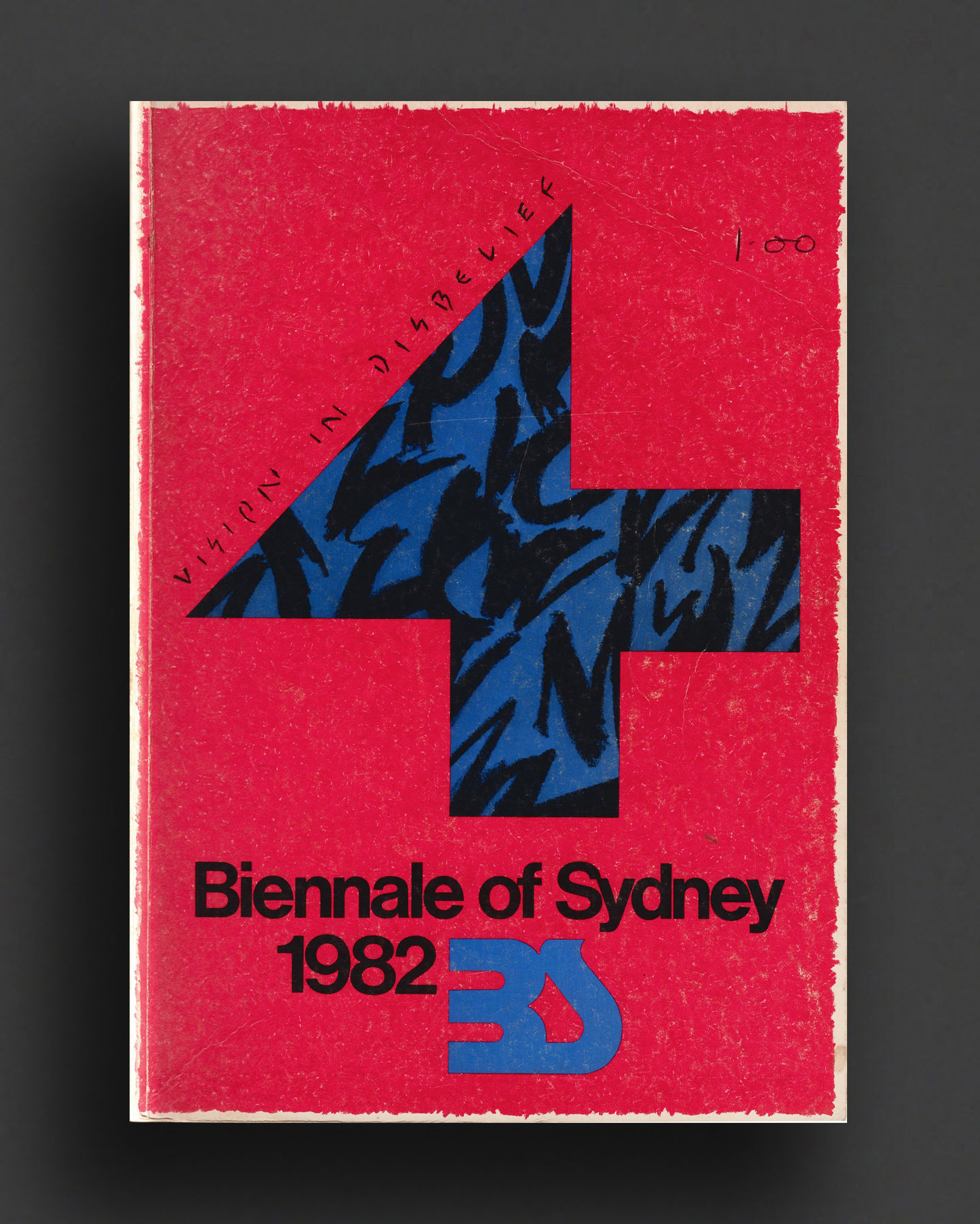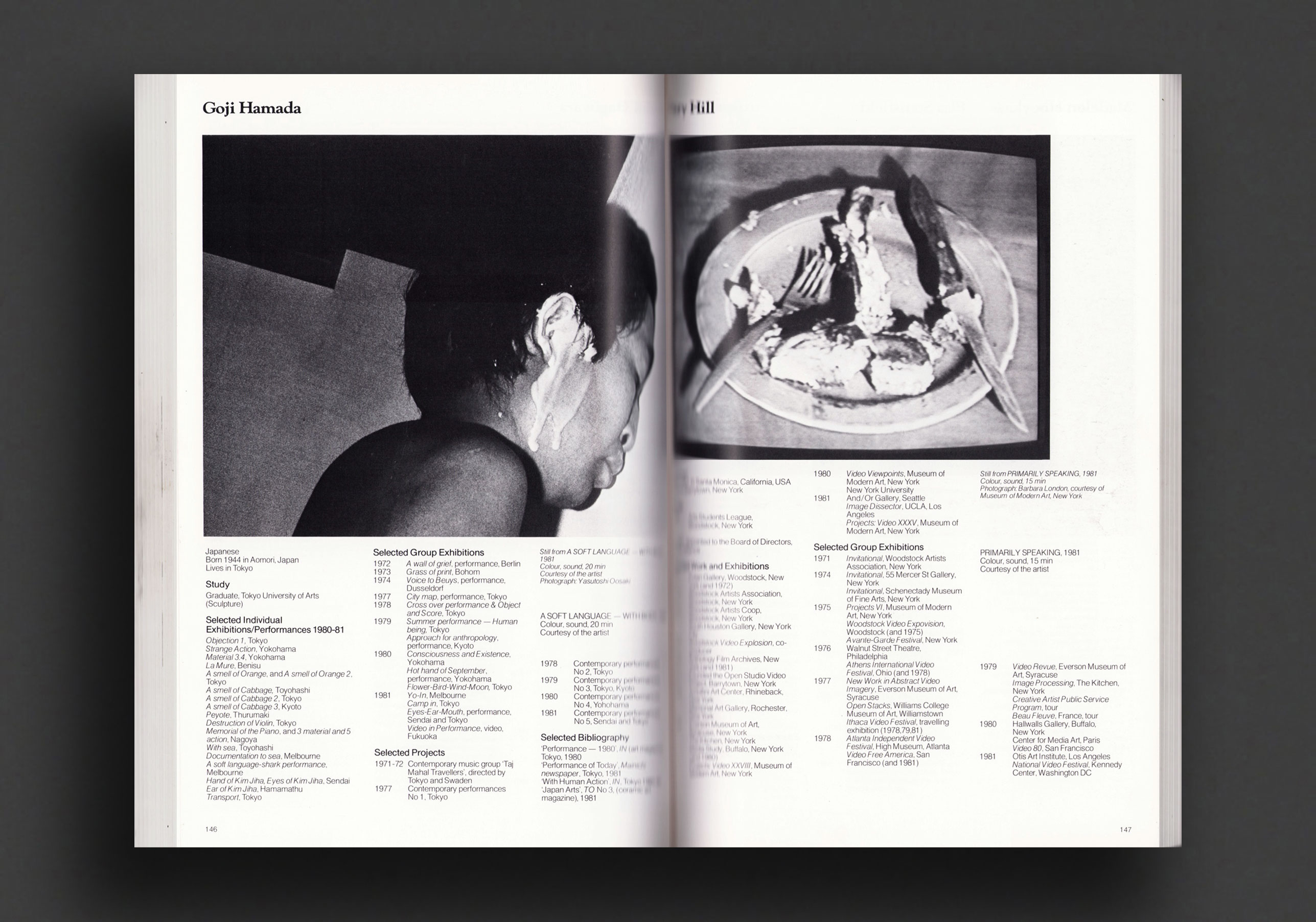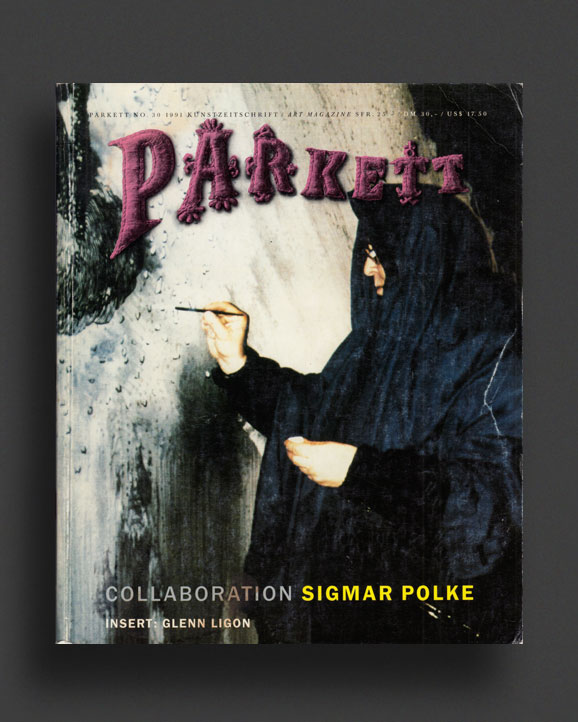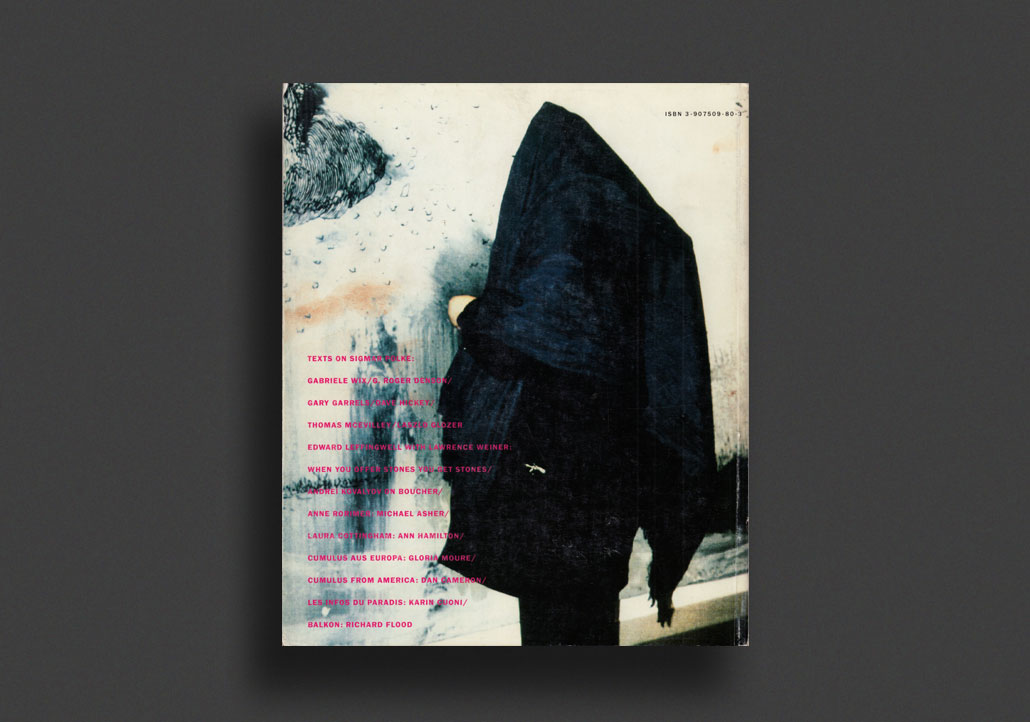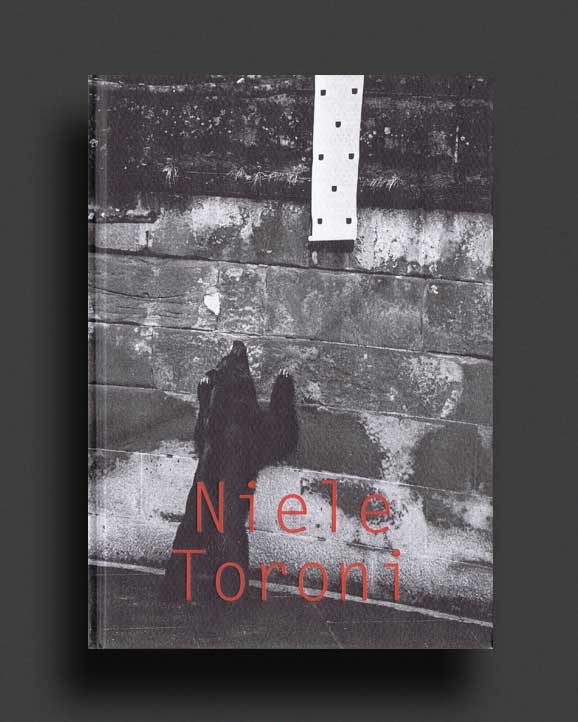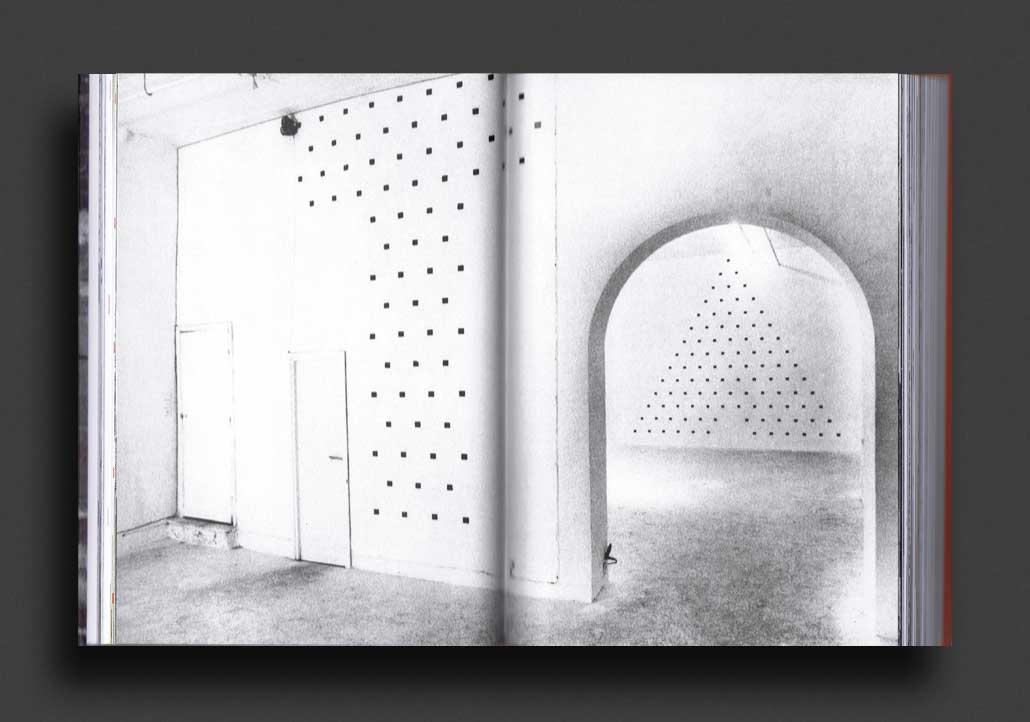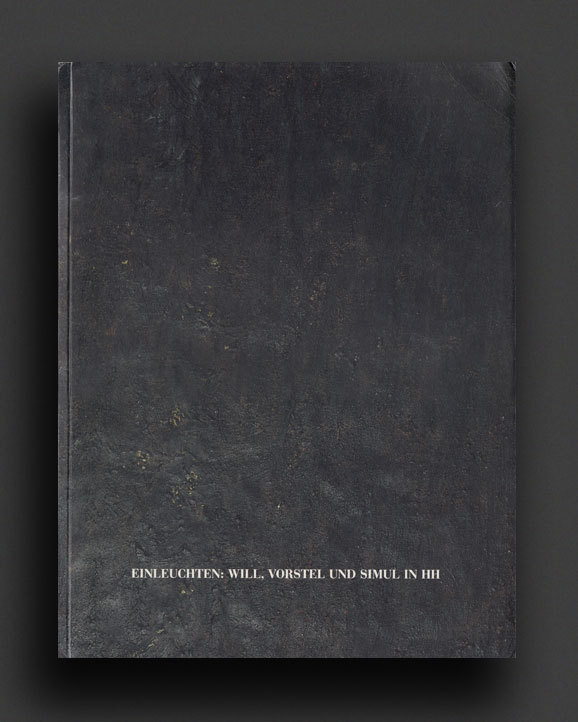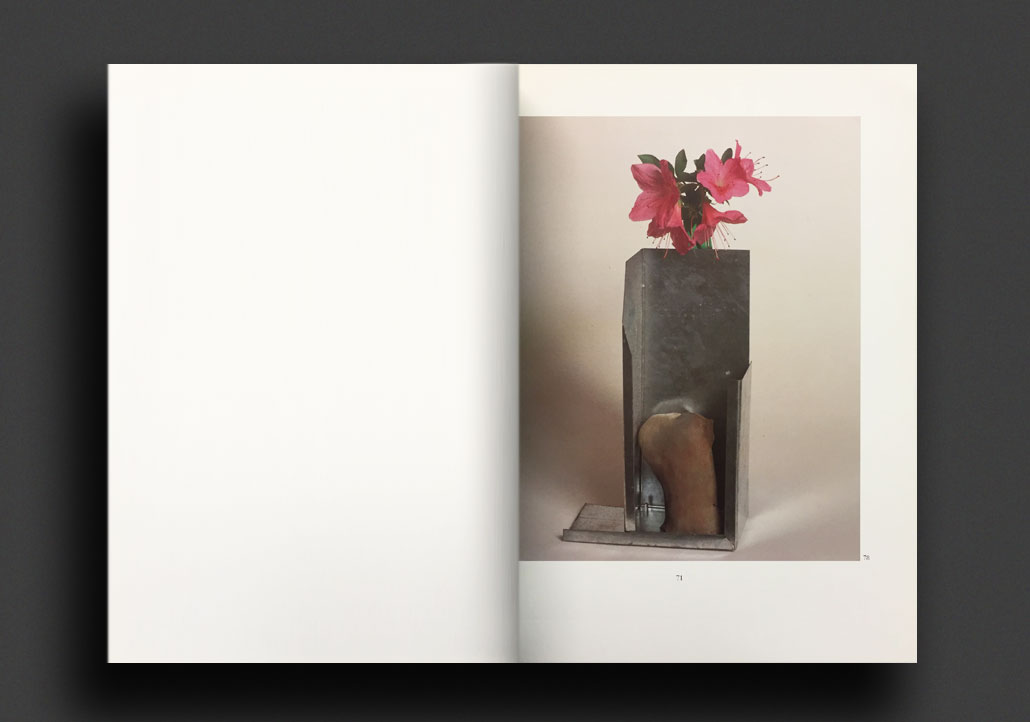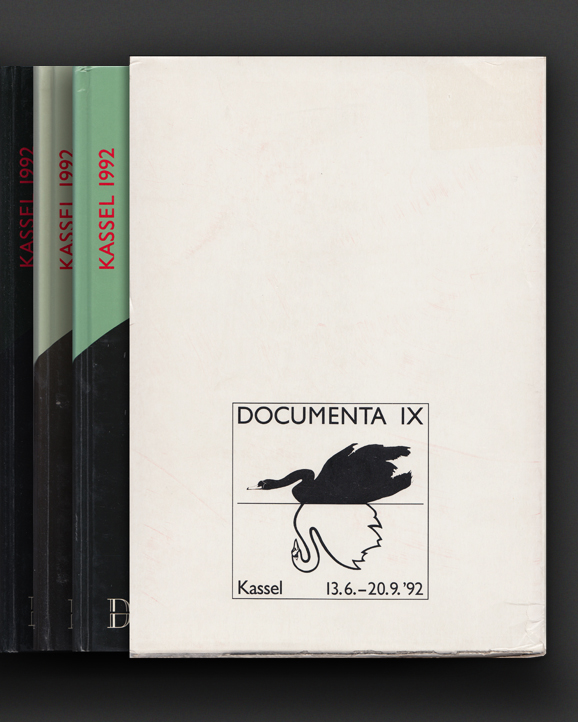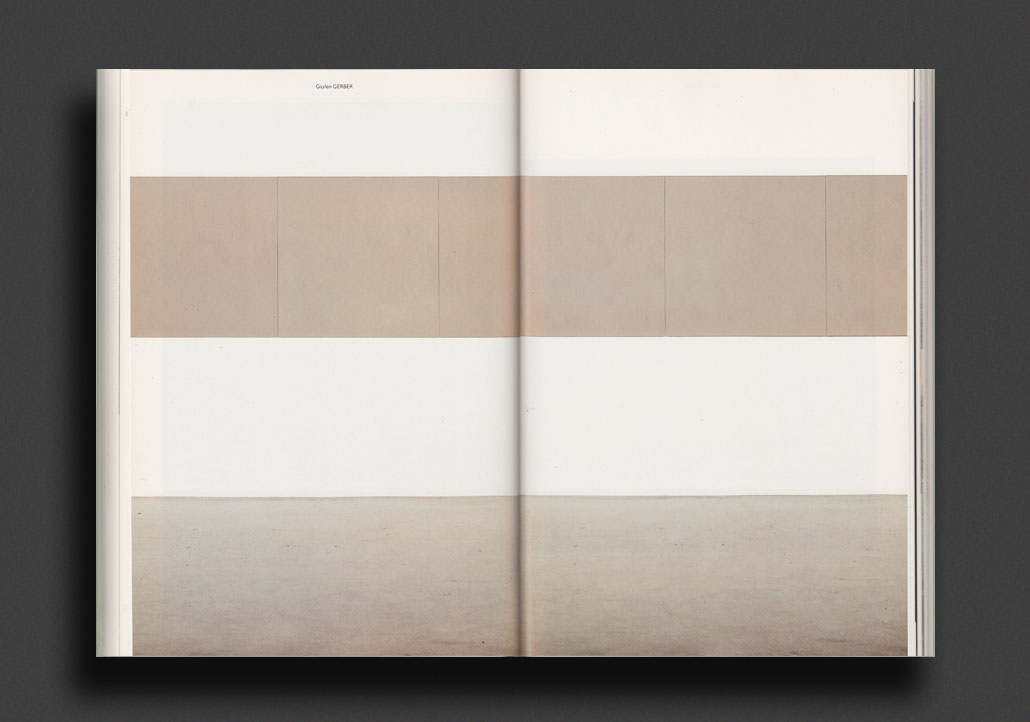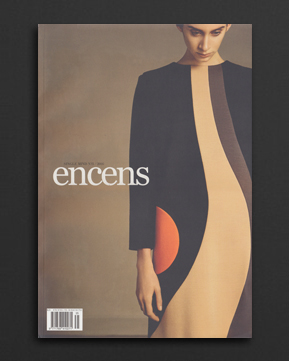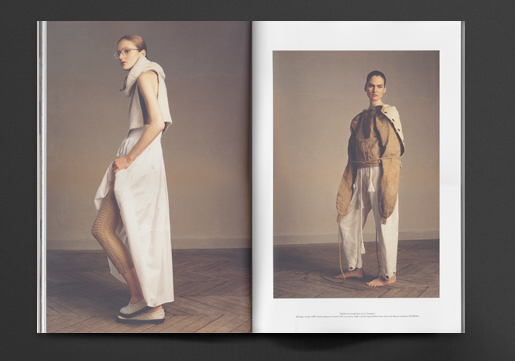(...less)
Hardcover edition, three volume exhibition catalogue published in conjunction with Documenta IX, Kassel, Germany, June 13 - September 9, 1992.
Documenta 9 is remembered as one of the most popular of all documenta exhibitions, thanks not least of all to the influence of its artistic director, the charismatic Belgian curator Jan Hoet. Hoet wanted to make the human being and our sensual, perceptual, agonized corporeality, which had been progressively displaced by the digitized, virtual world, the focus of attention at his exhibition. “From body to body to bodies” was the meaningful, poetic motto of documenta 9. Hoet described his curatorial mission in the following words: “At a time in which the human race is confronted more than ever with such dangers as AIDS and multinational wars, nuclear catastrophes, and global climate disasters, at a time in which threats are growing increasingly abstract and the fears more and more diffuse, I see reflection on the physical conditions of life as an appropriate answer.”
Texts by Jan Hoet, Denys Zacharopoulos, Bart de Baere, Pier Luigi Tazzi, Claudia Herstatt, Joyce Carol Oates, Jacques Roubaud, Cornelius Castoriadis, Heiner Müller, Paul Robbrecht, Hilde Daem.
Artists include Marina Abramovic, Absalon, Richard Artschwager, Francis Bacon, Marco Bagnoli, Nicos Baikas, Miroslaw Balka, Matthew Barney, Jerry Barr, Lothar Baumgarten, Jean-Pierre Bertrand, Joseph Beuys, Michael Biberstein, Guillaume Bijl, Dara Birnbaum, Jonathan Borofsky, Louise Bourgeois, Herbert Brandl, Ricardo Brey, Tony Brown, Marie José Burki, Jean-Marc Bustamante, Michael Buthe, Pedro Cabrita Reis, Waltercio Caldas, Pier Paolo Calzolari, Ernst Caramelle, Lawrence Carroll, Saint Clair Cemin, Tomasz Ciecierski, Tony Clark, James Coleman, Tony Conrad, Patrick Corillon, Damian, Richard Deacon, Thierry De Cordier, Silvie Defraoui & Chérif Defraoui, Raoul De Keyser, Wim Delvoye, Braco Dimitrijevic, Eugenio Dittborn, Helmut Dorner, Stan Douglas, Marlene Dumas, Jimmie Durham, Mo Edoga, Jan Fabre, Luciano Fabro, Belu-Simion Fainaru, Peter Fend, Rose Finn-Kelcey, FLATZ, Fortuyn/O'Brien, Günther Förg, Erik A.Frandsen, Michel François, Vera Frenkel, Katsura Funakoshi, Isa Genzken, Gaylen Gerber, Robert Gober, Dan Graham, Rodney Graham, Angela Grauerholz, Michael Gross, George Hadjimichalis, David Hammons, Georg Herold, Gary Hill, Peter Hopkins, Rebecca Horn, Geoffrey James, Olav Christopher Jenssen, Tim Johnson, Andrej N. Joukov, Ilya Kabakov, Anish Kapoor, Kazuo Katase, Tadashi Kawamata, Mike Kelley, Ellsworth Kelly, Bhupen Khakhar, Per Kirkeby, Harald Klingelhöller, Kurt Kocherscheidt, Peter Kogler, Vladimir Kokolia, Joseph Kosuth, Mariusz Kruk, Guillermo Kuitca, Suzanne Lafont, Jonathan Lasker, Jac Leirner, Zoe Leonard, Eugène Leroy, Via Lewandowsky, Bernd Lohaus, Ingeborg Lüscher, Attila Richard Lukacs, James Lutes, Marcel Maeyer, Brice Marden, Cildo Meireles, Ulrich Meister, Thom Merrick, Gerhard Merz, Mario Merz, Marisa Merz, Meuser, Jürgen Meyer, Liliana Moro, Reinhard Mucha, Matt Mullican, Juan Muñoz, Christa Näher, Hidetoshi Nagasawa, Bruce Nauman, Max Neuhaus, Pekka Nevalainen, Nic Nicosia, Moshe Ninio, Jussi Niva, Cady Noland, Manuel Ocampo, Jean-Michel Othoniel, Tony Oursler, Panamarenko, Giulio Paolini, A. R. Penck, Michelangelo Pistoletto, Hermann Pitz, Stephen Prina, Richard Prince, Martin Puryear, Royden Rabinowitch, Rober Racine, Philip Rantzer, Charles Ray, Martial Raysse, readymades belong to everyone, José Resende, Gerhard Richter, Ulf Rollof, Erika Rothenberg, Susan Rothenberg, Ulrich Rückriem, Thomas Ruff, Stephan Runge, Edward Ruscha, Reiner Ruthenbeck, Remo Salvadori, Joe Scanlan, Eran Schaerf, Adrian Schiess, Thomas Schütte, Helmut Schweizer, Maria Serebriakova, Mariella Simoni, Susana Solano, Ousmane Sow, Ettore Spalletti, Haim Steinbach, Pat Steir, Wolfgang Strack, Thomas Struth, János Sugár, Yuji Takeoka, Robert Therrien, Frederic Matys Thursz, Niele Toroni, Thanassis Totsikas, Addo Lodovico Trinci, Mitja Tušek, Luc Tuymans, Micha Ullman, Juan Uslé, Bill Viola, Henk Visch, James Welling, Franz West, Rachel Whiteread, Christopher Wool, KeunByung Yook, Heimo Zobernig, Gilberto Zorio, and Constantin Zvezdochotov.
Very Good condition volumes in hardcover (much less common edition than usual softcover), preserved in their original illustrated slipcase (with common repaired splitting and bumping damage).
File under:
Absalon
Richard Artschwager
Francis Bacon
Marco Bagnoli
Nicos Baikas
Miroslaw Balka
Matthew Barney
Jerry Barr
Lothar Baumgarten
Jean-Pierre Bertrand
Joseph Beuys
Michael Biberstein
Guillaume Bijl
Dara Birnbaum
Jonathan Borofsky
Louise Bourgeois
Herbert Brandl
Ricardo Brey
Tony Brown
Marie José Burki
Jean-Marc Bustamante
Michael Buthe
Pedro Cabrita Reis
Waltercio Caldas
Pier Paolo Calzolari
Ernst Caramelle
Lawrence Carroll
Saint Clair Cemin
Tomasz Ciecierski
Tony Clark
James Coleman
Tony Conrad
Patrick Corillon
Damian
Richard Deacon
Thierry De Cordier
Silvie Defraoui & Chérif Defraoui
Raoul De Keyser
Wim Delvoye
Braco Dimitrijevic
Eugenio Dittborn
Helmut Dorner
Stan Douglas
Marlene Dumas
Jimmie Durham
Mo Edoga
Jan Fabre
Luciano Fabro
Belu-Simion Fainaru
Peter Fend
Rose Finn-Kelcey
Fortuyn/O'Brien
Günther Förg
Erik A.Frandsen
Michel François
Vera Frenkel
Katsura Funakoshi
Isa Genzken
Gaylen Gerber
Robert Gober
Dan Graham
Rodney Graham
Angela Grauerholz
Michael Gross
George Hadjimichalis
David Hammons
Georg Herold
Gary Hill
Peter Hopkins
Rebecca Horn
Geoffrey James
Olav Christopher Jenssen
Tim Johnson
Andrej N. Joukov
Ilya Kabakov
Anish Kapoor
Kazuo Katase
Tadashi Kawamata
Mike Kelley
Ellsworth Kelly
Bhupen Khakhar
Per Kirkeby
Harald Klingelhöller
Kurt Kocherscheidt
Peter Kogler
Vladimir Kokolia
Joseph Kosuth
Mariusz Kruk
Guillermo Kuitca
Suzanne Lafont
Jonathan Lasker
Jac Leirner
Zoe Leonard
Eugène Leroy
Via Lewandowsky
Bernd Lohaus
Ingeborg Lüscher
Attila Richard Lukacs
James Lutes
Marcel Maeyer
Brice Marden
Cildo Meireles
Ulrich Meister
Thom Merrick
Gerhard Merz
Mario Merz
Marisa Merz
Meuser
Jürgen Meyer
Liliana Moro
Reinhard Mucha
Matt Mullican
Juan Muñoz
Christa Näher
Hidetoshi Nagasawa
Bruce Nauman
Max Neuhaus
Pekka Nevalainen
Nic Nicosia
Moshe Ninio
Jussi Niva
Cady Noland
Manuel Ocampo
Jean-Michel Othoniel
Tony Oursler
Panamarenko
Giulio Paolini
Michelangelo Pistoletto
Hermann Pitz
Stephen Prina
Richard Prince
Martin Puryear
Royden Rabinowitch
Rober Racine
Philip Rantzer
Charles Ray
Martial Raysse
readymades belong to everyone
José Resende
Gerhard Richter
Ulf Rollof
Erika Rothenberg
Susan Rothenberg
Ulrich Rückriem
Thomas Ruff
Stephan Runge
Edward Ruscha
Reiner Ruthenbeck
Remo Salvadori
Joe Scanlan
Eran Schaerf
Adrian Schiess
Thomas Schütte
Helmut Schweizer
Maria Serebriakova
Mariella Simoni
Susana Solano
Ousmane Sow
Ettore Spalletti
Haim Steinbach
Pat Steir
Wolfgang Strack
Thomas Struth
János Sugár
Yuji Takeoka
Robert Therrien
Frederic Matys Thursz
Niele Toroni
Thanassis Totsikas
Addo Lodovico Trinci
Mitja Tušek
Luc Tuymans
Micha Ullman
Juan Uslé
Bill Viola
Henk Visch
James Welling
Franz West
Rachel Whiteread
Christopher Wool
KeunByung Yook
Heimo Zobernig
Gilberto Zorio
Constantin Zvezdochotov
FLATZ
Marina Abramovič
A.R. Penck
Hatje Cantz / Berlin
Art
Sculpture / Installation
Performance / Dance / Theater
Film / Video
Sound / Music
Theory / Essay
Curatorial
Out-of-print / Rare
Conceptual Art
Feminism
Arte Povera
Group Shows / Collections
Australian Art




















































































































































